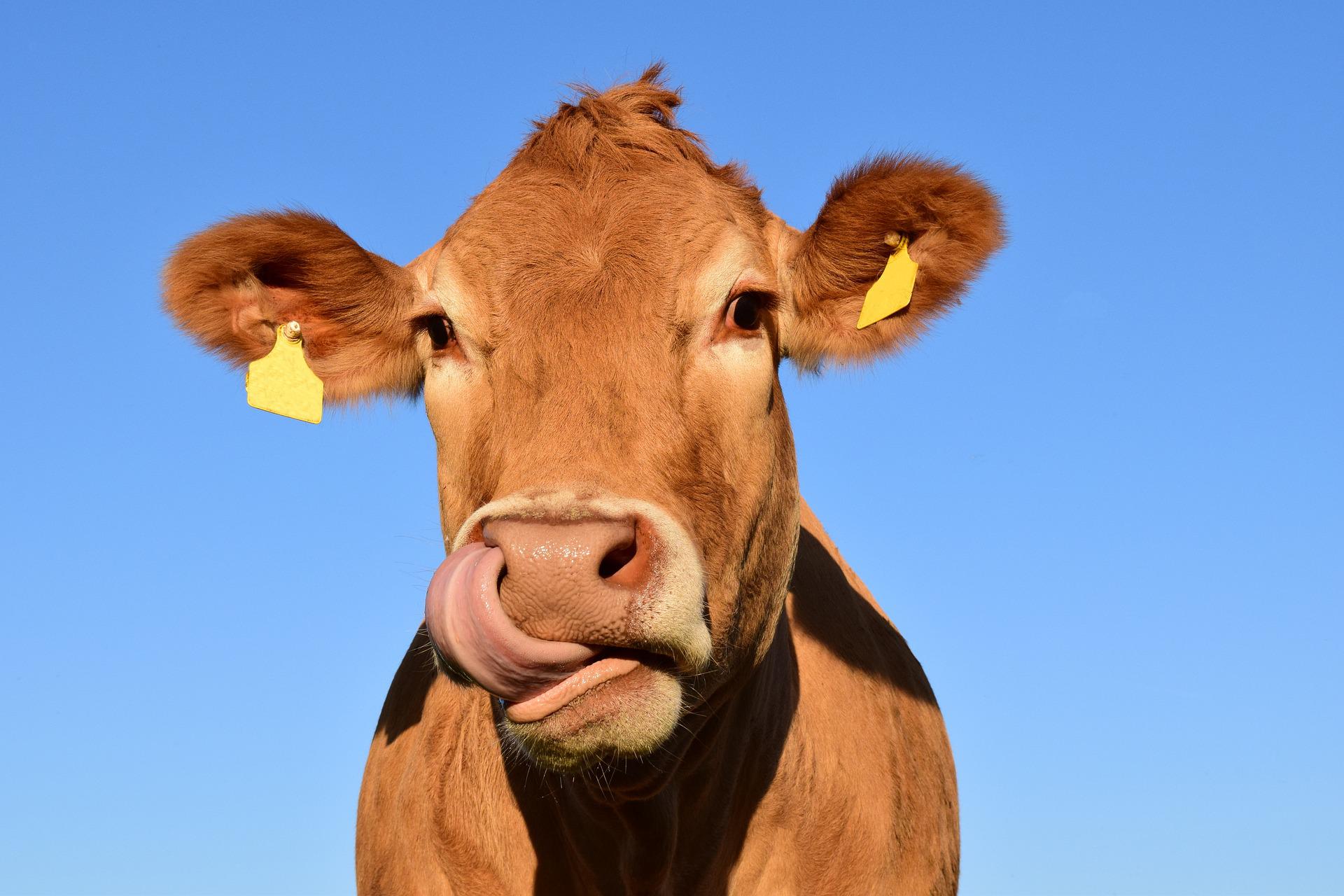In recent years, major feed and dairy companies have supported and funded farmers ’protests against nitrogen programs. Billions of companies care about maintaining the status quo. Farmers are not only engines of protest, they are also collaborators.
Days before Stroe farmers protested in Gelderland, almost all large agricultural companies announced their full support for farmers and their opposition to the nitrogen fertilizer policy proposal. But it is unclear whether it was the company that made the protests financially possible. From time to time, you may see the support the company offers.
For example, Gert Jan Breuer, the farmer where the protesters gathered in Straw, told the NOS Journal that a “supplier of livestock feed” would compensate for the damage to his land.
Since the last government decided to drastically reduce nitrogen emissions in 2019, everything has been geared towards large agricultural companies such as the dairy giant Royal A-Ware (turnover of 2.2 billion euros) and the company of Royal De Heus feed (3.2 billion euros). ). Calf fattening. Vandre Group (2.3 billion euros). Non-binding contributions from companies
The benefits are huge.
If farmers keep fewer animals, that means less fodder, less barns and less milk. That means less income.
Companies such as ForFarmers (turnover of 2.6 billion euros) have seen a decrease in sales of feed for thermal decontamination in the pig industry and a decrease in the number of chickens in their chickens due to the Beter Leven quality mark. The company expects that “the number of animals in the Netherlands will decrease slightly over the next few years as environmental and animal protection standards have been adopted, but not yet.” Of course, the consequences of government policies do not directly translate into stock prices. In fact, between December 2018 and June 2022, the participation of ForFarmers decreased from € 8.25 to € 2.70.
Another point: in the joint agreement, the government stipulates that companies must co-finance the transition to circular agriculture. To this end, “non-binding contributions” are expected from suppliers such as banks and feed and “manufacturing industries” such as slaughterhouses.
Even confusion about nitrogen measurement
Opponents use various methods to pressure government policies. The first is to create chaos, as did Jan Anker, CEO of Royal A-Ware at Het Financieele Dagblad in October 2019.
He was interviewed shortly after Mallefield loaded the tractor for the first time. In it, he said that as long as there was talk of “numbers, standards, and measure,” as far as I knew, no company should disappear.
He recently told Boerderij magazine: “I haven’t looked at it, I don’t know anything about nitrogen and carbon dioxide, but the question is whether it really comes from cows. Too many question marks. “

